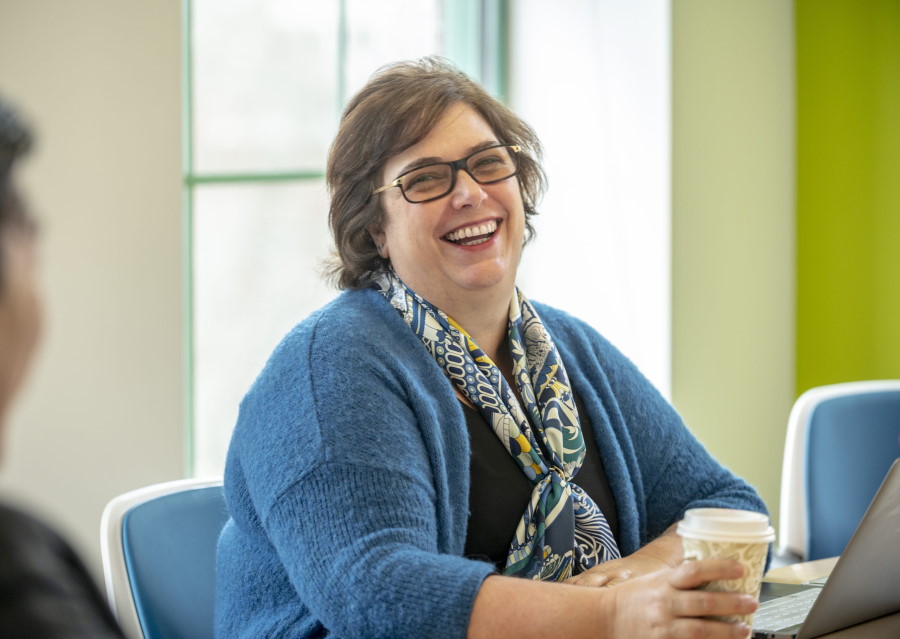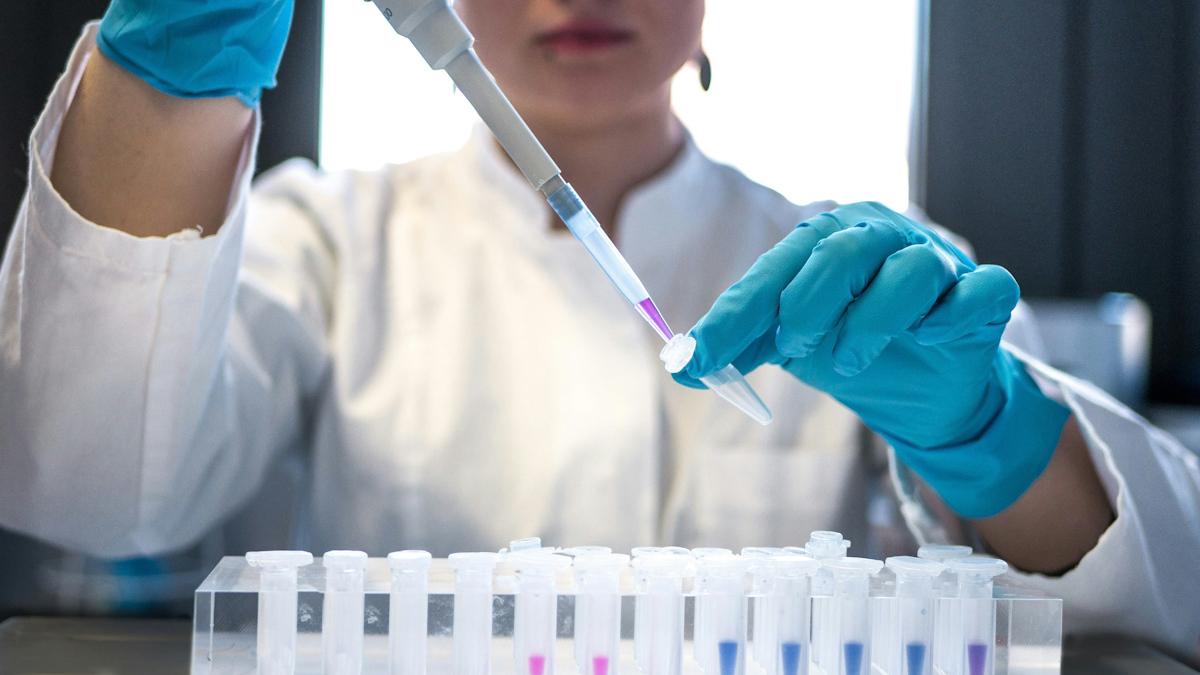Rome Therapeutics raises $77m for junk DNA-targeting drugs

Startup Rome Therapeutics has raised $77 million in second-round financing to help mine sequences of DNA – which were dismissed for years as 'junk' – for hidden treasure.
The Cambridge, Massachusetts biotech is focusing specifically on the 60% of DNA sequences that repeat themselves hundreds or thousands of times in the genome, known as the 'repeatome', that could contain targets for cancer and autoimmune disorders.
Repeat sequences aren't involved in expressing proteins so have been generally under-studied by researchers, but there is increasing evidence that some human traits and diseases may be associated with mutations within them.
Most drug discovery programmes target the roughly 2% of the human genome which encodes for protein.
Rome Therapeutics – which officially launched last year – has made shining a light on the so-called 'dark genome' its mission, and has already discovered that repeats can play a critical role in human health, such as by switching on the innate immune response under stress.
The science behind its platform came from David Ting, a clinical oncologist at Massachusetts General Hospital Cancer Center, and computational biologist and theoretical physicist Benjamin Greenbaum, of Memorial Sloan Kettering Cancer Center.
Much of this repeatome is thought to derive from viruses that embedded in our DNA millions of years ago. When cells are healthy most sequences lie dormant but, in disease or stress situations, the DNA can be activated to create virus-like RNA.
Usually the reactivated sequences trigger an immune response that results in the death of the cell, but in cancer, for example, that process is overridden by enzymes that convert the RNA back into DNA, a bit like the usual virus life cycle. That muffles the immune system response and allows the cancer to grow.
Rome has set up a technology platform that it calls repeatomics to sift through the vast quantities of data associated with the repeatome, and is now working on moving its lead programmes through to clinical trials, according to chief executive and co-founder Rosana Kapeller (pictured above).
The new $77 million financing follows $50 million in first-round funding, with backers including Section 32, Sanofi Ventures, Casdin Capital, Andreessen Horowitz and Alexandria Venture Investments.













